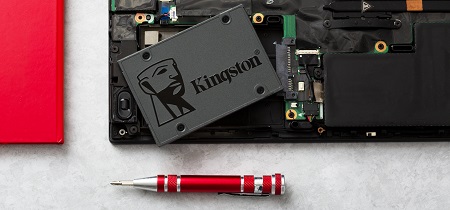Understanding the Properties of SSD Hard Drives

SSD hard drives have become increasingly popular in recent years due to their faster read and write speeds, lower power consumption, and greater durability compared to traditional Hard Disk Drives (HDDs). However, not everyone is familiar with the properties of SSDs and how they differ from HDDs. In this article, we will explore the key properties of SSDs and why they matter.
Speed
One of the most significant advantages of SSDs is their speed. Unlike HDDs, which use spinning disks to read and write data, SSDs use flash memory chips. This allows them to access data much faster, resulting in faster boot times, faster file transfers, and faster application load times. In fact, SSDs can be up to 10 times faster than HDDs in terms of read and write speeds.
Durability
Another advantage of SSDs is their durability. Because they have no moving parts, they are less susceptible to physical damage from drops or bumps. Additionally, SSDs are better equipped to handle extreme temperatures and humidity levels, making them ideal for use in harsh environments. This durability also means that SSDs have a longer lifespan than HDDs, making them a more cost-effective option in the long run.
Capacity
One potential downside of SSDs is their capacity. While HDDs can store terabytes of data, SSDs typically have smaller capacities and are more expensive per gigabyte. However, this is changing as SSD technology advances. Today, it is possible to find SSDs with capacities of up to 4 terabytes, although these drives can be quite expensive. For most users, a smaller capacity SSD combined with an external hard drive for additional storage is a more practical solution.
Power Consumption
Finally, SSDs are more energy-efficient than HDDs. Because they have no moving parts, they require less power to operate, resulting in longer battery life for laptops and lower energy bills for desktop computers. This also means that SSDs generate less heat, which can help to prolong the lifespan of other components in your computer.
Conclusion
In conclusion, SSDs offer several advantages over traditional HDDs, including faster speeds, greater durability, and lower power consumption. While they may be more expensive per gigabyte, their long lifespan and improved performance make them a worthwhile investment for many users. As SSD technology continues to advance, we can expect to see even greater capacities and lower prices in the future.





